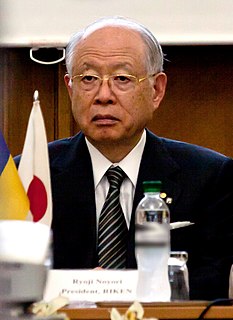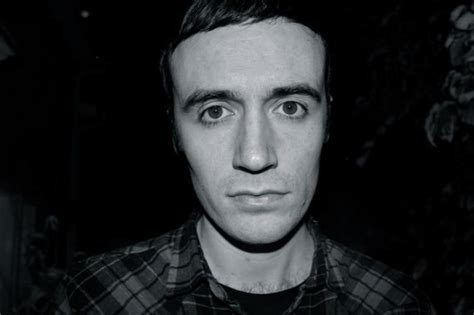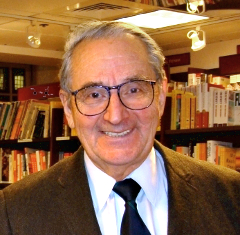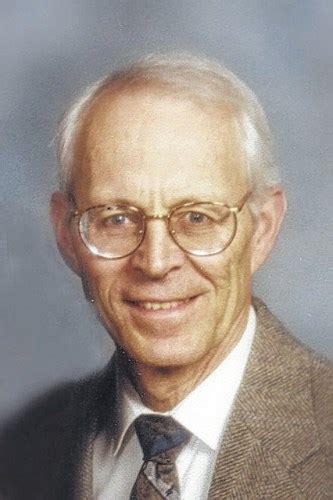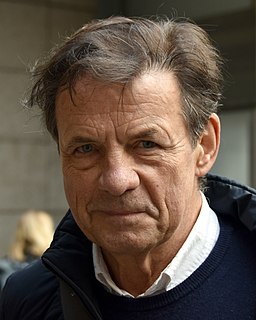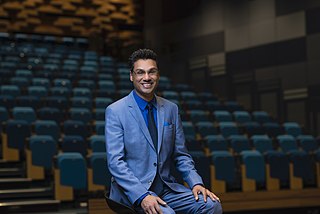A Quote by Victor LaValle
I can't inhabit my characters until I know what kind of work they do. This requires research because my jobs for the last decade have been author and professor, and I'd like to spare the world more author or professor novels.
Related Quotes
It is the shared experience - [although] you're the conduit of the sound, the recipient is also in some way the author of the work, because if they weren't the author of the work they wouldn't be able to recognise it as an experience, you could argue. The more distance you can put between yourself and having any kind of objective the more likely it is to appear.
I think overtly political novels - those that never transcend or contest their author's conscious intentions and prejudices - are problematic. This is not just true of the innumerable unread books in the socialist realist tradition, but also of novels that carry the burden of conservative ideologies, like Guerrillas, Naipaul's worst book, where the author's disgust for a certain kind of black activist and white liberal is overpowering.
By 1954, as an assistant professor with a group of three graduate students, I was able to initiate more complex experimental projects, dealing with the structure, stereochemistry and synthesis of natural products. As a result of the success of this research, I was appointed in 1956, at age twenty-seven, as professor of chemistry.

